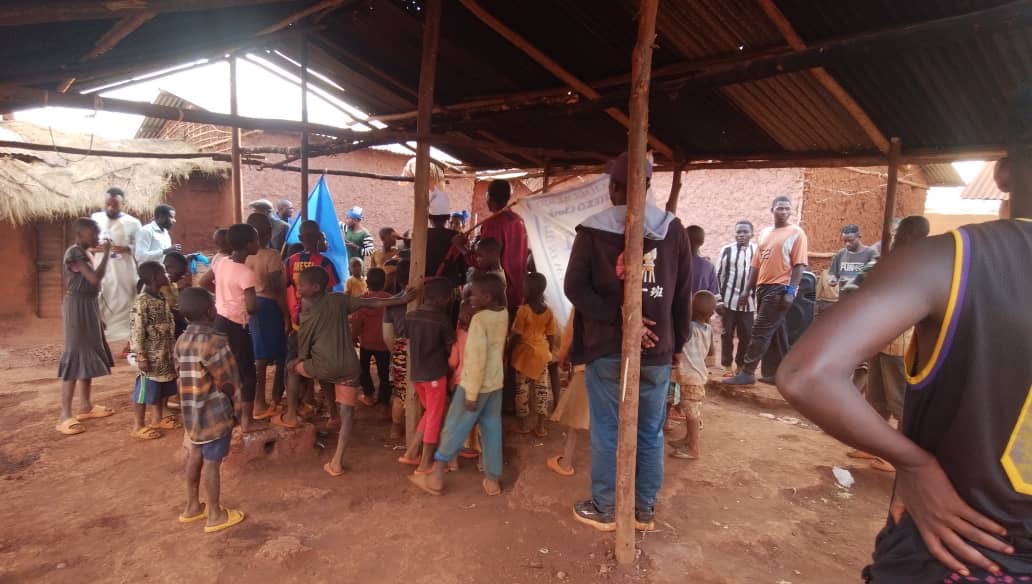Kinama :alcohol, a poison that destroys the youth and families of the camp

SOS Médias Burundi,
Muyinga, July 4, 2025 – At the Kinama refugee camp, in the district of Gasorwe, Muyinga province, in northeastern Burundi, excessive alcohol consumption is a cause for concern. For many young Congolese refugees, alcohol has become the only escape from a life marked by poverty, idleness, and lack of prospects. But this trend also fuels domestic violence and weakens the social fabric within the camp.
For several months, an alarming increase in alcohol consumption has been observed, particularly among young people. Local alcoholic beverages, often produced artisanally, are sold both inside and outside the camp. Some are offered discreetly, others more openly.
Among these drinks is Kiboko, produced by the Akeza company, sometimes sold clandestinely and mixed with other alcohols such as Hozagara, Susuruka, or Urwarwa Rw’iwacu.
« I drink to forget »
Faradja, a Congolese refugee who arrived in Burundi in 2008 when he was only 10 years old, describes his daily life :
« I drink because I have nothing to do. I don’t have a job. I tried to study here in the camp, but I gave up. I saw my classmates drinking, so I started too. Alcohol helps me forget. When I’m drunk, I don’t think about the stress of the camp. »
For him, as for many young people, drinking has become a way to alleviate the harshness of life and « kill time. » Some start in the morning, alone or in groups, in a routine that becomes more ingrained each day.
A deep social crisis
The phenomenon doesn’t only affect young people. Alcohol abuse also fuels domestic violence and contributes to the deterioration of family relationships.
Clementine, a mother of three, shares her distress :
« My husband doesn’t work. He spends his days in the camp’s bars. The little assistance we receive through the WFP*, he sells some of it to buy alcohol. In the evening, he comes home drunk, hits me for no reason, and says shameful things in front of the children. He sometimes confuses Kiboko with Hozagara, which makes him even more aggressive. »
Sadly, she adds :
« My children are afraid of him. Sometimes he vomits where he sleeps. It’s no way to live. »
A cruel lack of opportunities
The lack of socio-professional activities and supervision in the camp encourages idleness and risky behavior. Several refugees and humanitarian actors believe it is urgent to implement concrete projects to offer young people alternatives and give them a future away from alcohol.
The Kinama camp, which has existed for over 20 years, now hosts over 8,000 Congolese refugees.
WFP* : The World Food Program

